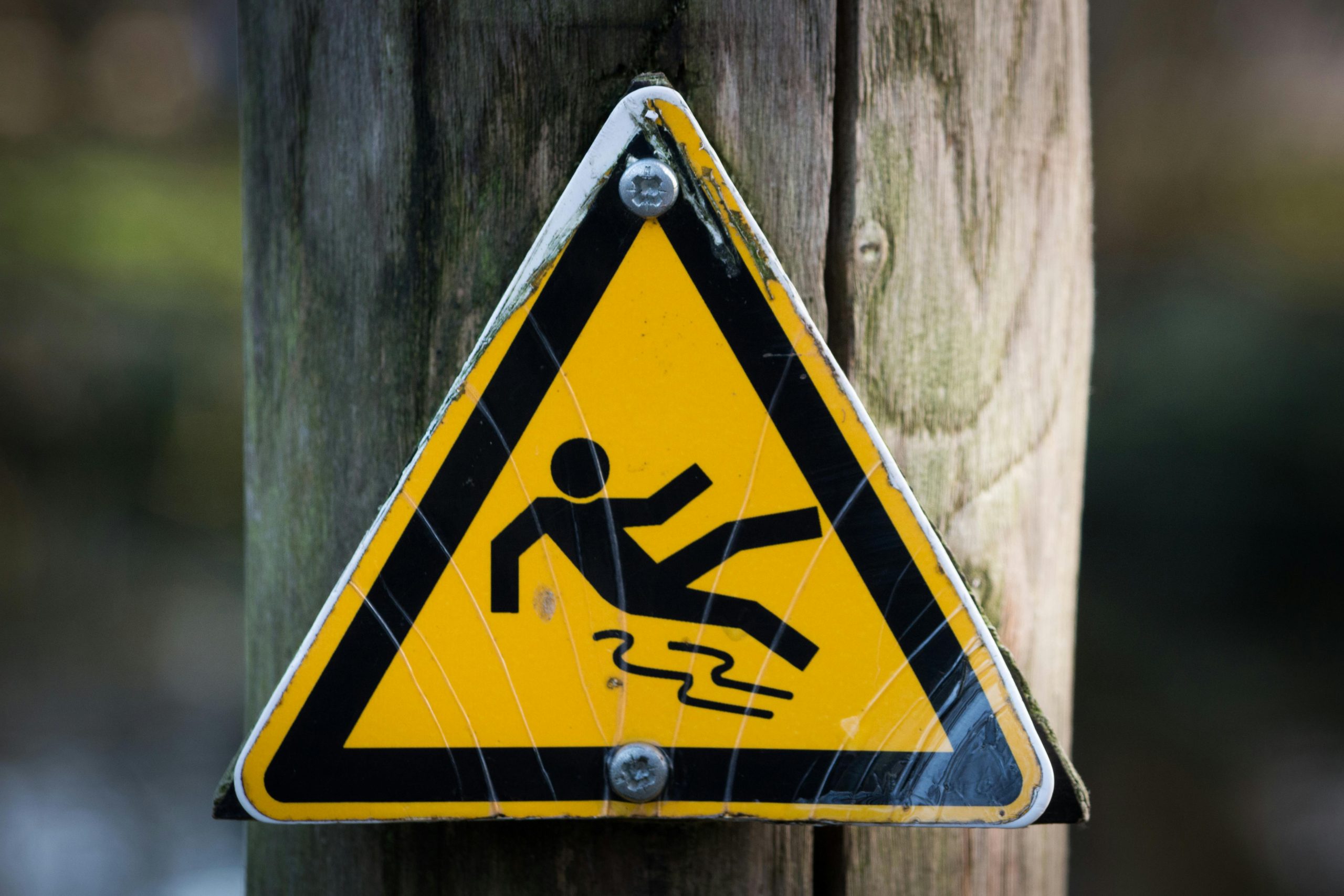 A recent Louisiana Court of Appeal for the Fourth Circuit decision has highlighted the complex legal issues surrounding the handling of deceased individuals’ remains, particularly in the context of foster care. The case, involving the parents of a minor child who passed away while in foster care, underscores the challenges in establishing liability against a coroner for the disposition of remains.
A recent Louisiana Court of Appeal for the Fourth Circuit decision has highlighted the complex legal issues surrounding the handling of deceased individuals’ remains, particularly in the context of foster care. The case, involving the parents of a minor child who passed away while in foster care, underscores the challenges in establishing liability against a coroner for the disposition of remains.
In this case, the parents of Eli Simmons, a minor child who died while in foster care, sued various parties, including the Orleans Parish Coroner, alleging negligence in the handling of their son’s remains. The Coroner filed a motion for summary judgment, which the trial court granted, dismissing the parents’ claims.
The parents appealed, arguing that the trial court erred in its decision. However, the Court of Appeal upheld the summary judgment, finding that the parents failed to provide sufficient evidence to support their negligence claims against the Coroner.
 Insurance Dispute Lawyer Blog
Insurance Dispute Lawyer Blog


 In the recent Louisiana Court of Appeal, Third Circuit, decision of
In the recent Louisiana Court of Appeal, Third Circuit, decision of  We’ve all heard the phrase “slip and fall,” often in a comedic context. However, slip-and-fall accidents can result in severe injuries and legal battles. The recent case of
We’ve all heard the phrase “slip and fall,” often in a comedic context. However, slip-and-fall accidents can result in severe injuries and legal battles. The recent case of